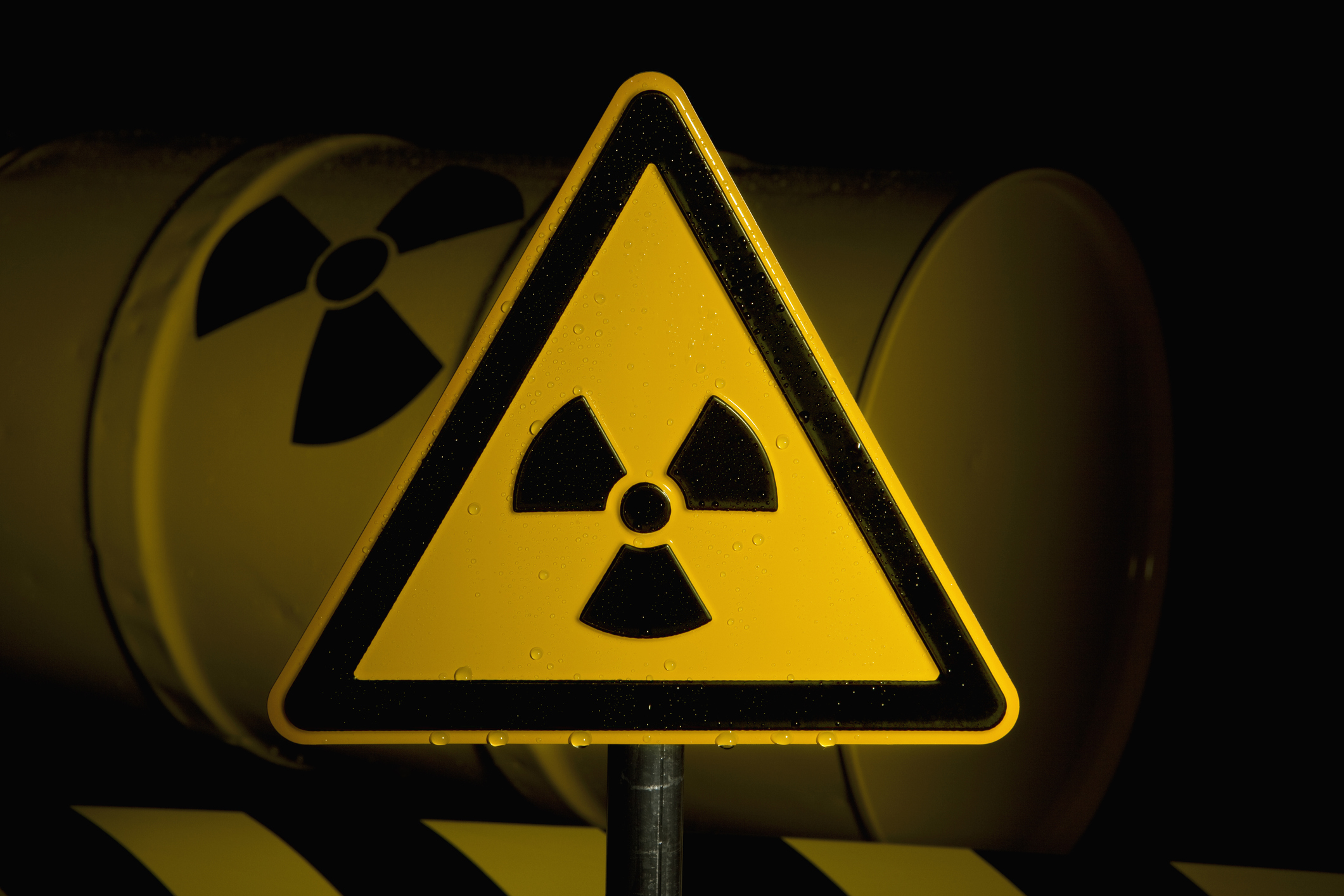You can probably imagine that the pandemic has affected the way in which we work as regulators and, like all of you in clinical practice, we have had to adapt our methodologies and ways of working. It has been a testing time for us all. We thought it timely to let you know about some of the incidents and themes that we have been seeing through statutory notifications and how we have responded.
A statutory notification is a legal responsibility on an employer to inform the regulator when there has been a significant accidental or unintended exposure to radiation and falls under the remit of Regulation 8(4) of IR(ME)R. As the enforcement authority, it falls to us to investigate these notifications through a process of risk-based triage and root cause analysis. IR(ME)R also places responsibility on the regulator to communicate with employers about these incidents under Regulation 9.
Since the start of the pandemic we have seen a discernible pattern in the types of incident notifications received. Themes we have seen have largely involved changes to the patient pathway. This has been where either new protocols have been implemented, there has been increased outsourcing from NHS trusts to the independent sector, or where practices have had to adapt to ensure infection control.
During the height of the pandemic we have learned that many routine CT scans have been outsourced to independent hospitals. Some of these pathways had been set up rapidly, and this had implications on the administrative side.
We received a number of notifications where patients had received a scan either as a duplicate of a previous scan carried out at another provider or where a cancellation message had failed to reach the hospital. Investigations demonstrated these errors were mainly due to processes not being formalised through expected governance channels. Some of these have been remedied in a timely manner, however it is apparent that not all changes to procedures, policies and protocols are being considered in the overarching and more formal sign-off we would expect to see.
Many innovations were required in a short period, such as processes for identifying patients to reduce cross-contamination by having one radiographer in the room in PPE and the other operating the controls. We also saw rapid roll-out of new equipment, which required quick turnaround for training and, at times, this led to errors.
However, in the main, the cascade of training has been successful and radiographers should be commended for how they have adapted. Employers who we saw to have effective communication with staff and senior leaders were able to innovate in a more robust manner. Regular staff huddles, Microsoft Teams channels and a culture open to raising concerns, discussing ideas and potential solutions, gave these sites the ability to implement change and novel ways to adapt practice.
Overall, we did not see a dramatic change in the number of notifications received. There remained a good reporting culture and actions were generally put in place quickly where possible and gaps were quickly rectified. The IR(ME)R team fully appreciates the extremely stressful circumstances you have all been working in since last March and we have attempted to be more flexible in our approach.
Patient safety must never be compromised – however, we understand that in unprecedented times fast-paced decision making is often required and we have been working with employers and staff to try to ensure this is achieved with minimal impact on radiographers and patients.
The CQC and the devolved administrations have published Covid IR(ME)R guidance, which is available on the CQC website.
CQC recommendations
- Changes to protocols should be carefully managed and good governance should remain a priority.
- Effective communication across all staff groups is key to ensuring patient safety is not compromised.
- It is important to ensure that when protocols are changed these are clearly displayed, particularly in areas where practice was taking place.
- Review service-level agreements with third-party providers to ensure roles and responsibilities and policy and procedure are clear.
- Radiographers should be an integral part of decision making when changes to clinical work will be affected.
- Ensure that all IR(ME)R duty holders are trained and entitled to undertake the task and that this is written in employer’s procedures.
Rachael Ward is inspection manager IR(ME)R at the Care Quality Commission (CQC), and Holly Warriner is IR(ME)R clinical specialist inspector.
